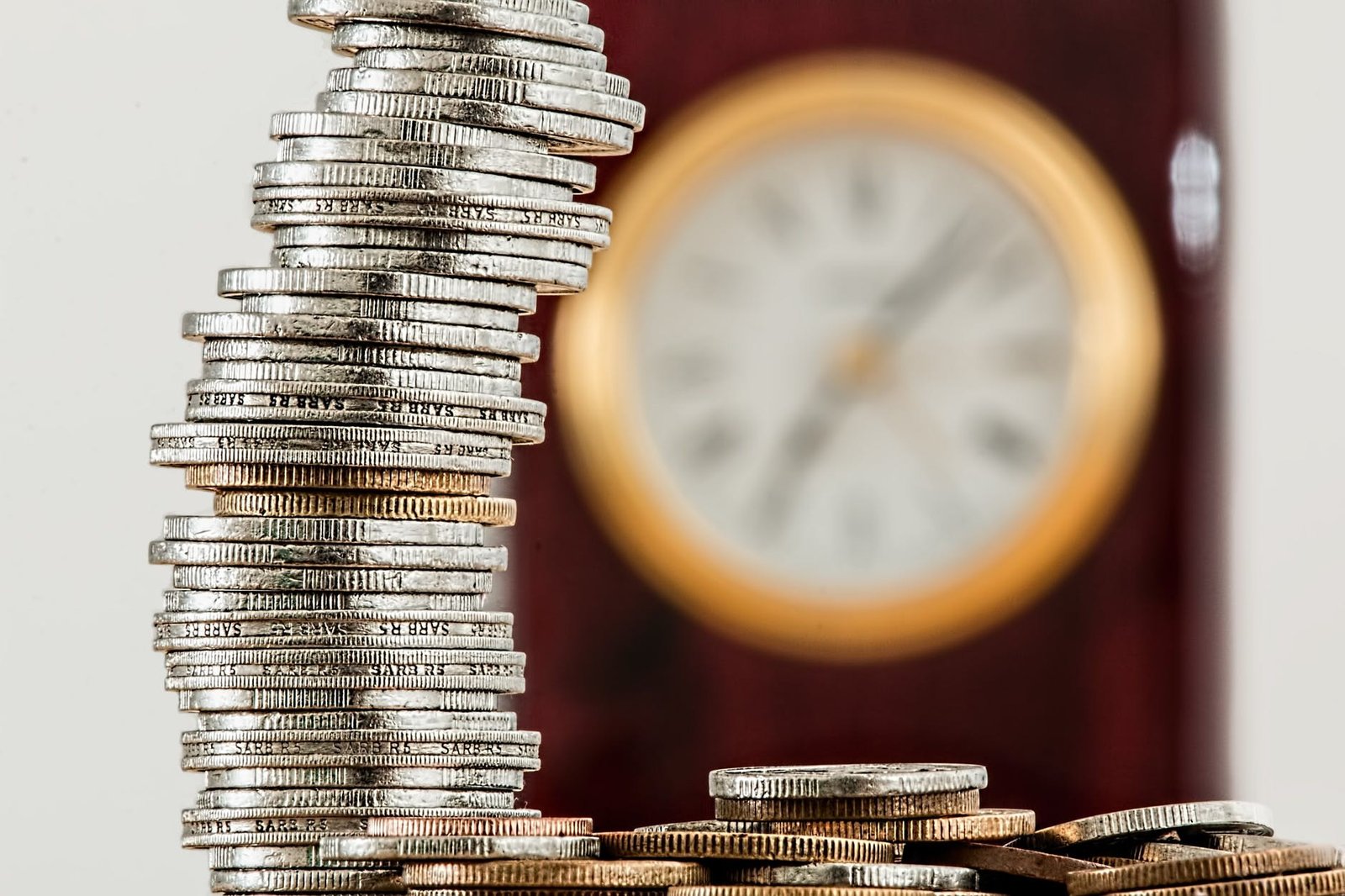Did you know that the 6.1% inflation has a different impact on everyone?
Because personal finance is very personal.
A person flying solo with no dependents or a family with a thriving business or multiple incomes might be able to cope with the rising prices but not a single-income household with growing children in school plus caring responsibilities to their elderly parents, that either take the public transport or drive a car. Most likely these families will feel the full weight of rising prices if the bulk of their salary goes to food, transport and tuition fee.
How to hit back at inflation?
One. Increase your cash inflow.
Increasing prices might be here for a long time and covid-19 might be here to stay so it’s wise to build extra income streams. Do not rely on a single income source.
Two. Budget. What you are spending your money on?
The fast-increasing prices are also nudging a lifestyle change. Check the items in your food grocery and online shopping that you can adjust.
Minimise wants, non-essential items, and those you can live without.
Declutter. Sell what you do not need.
See the article, Cheaper Items that do not Disappoint.
Three. Debt
As much as possible do not carry a credit card balance. A variable interest rate will leave you with spare cash.
Four. Invest.
Volatility is a friend of the profit seekers. This is also a period of accumulation and diversification.
You can hit back at inflation by investing your extra cash i.e. outside your emergency fund by investing in equities.
You get more shares by investing in the dip or discounted price of shares.
Don’t put your eggs in one basket. Diversify by investing in different sectors and assets, and markets [domestic and foreign].
A diversified portfolio will behave differently from the economic impact. The positive performance in some assets will offset the negative performance of another.
Invest in sectors that do well in a high inflationary period such as consumer, utilities, financial and health sectors.
When the economy recovers [and assuming you invested in companies with strong fundamentals], you can expect to gain from each share you bought and accumulated during the market downturn.
Five. Investing in yourself pays the best interest.
Work deep within. Get skilled. Add extra qualifications so that you can create more value and increase your salary and your purchasing power.
If you have questions, please email us at service@selflmattersph.com.
If you have family and friends that need to know this information, they will appreciate you if you can forward this to them.
Or bookmark this article as you may need this in the future.
Or have you got a topic that you want to discuss, let us know.
















































